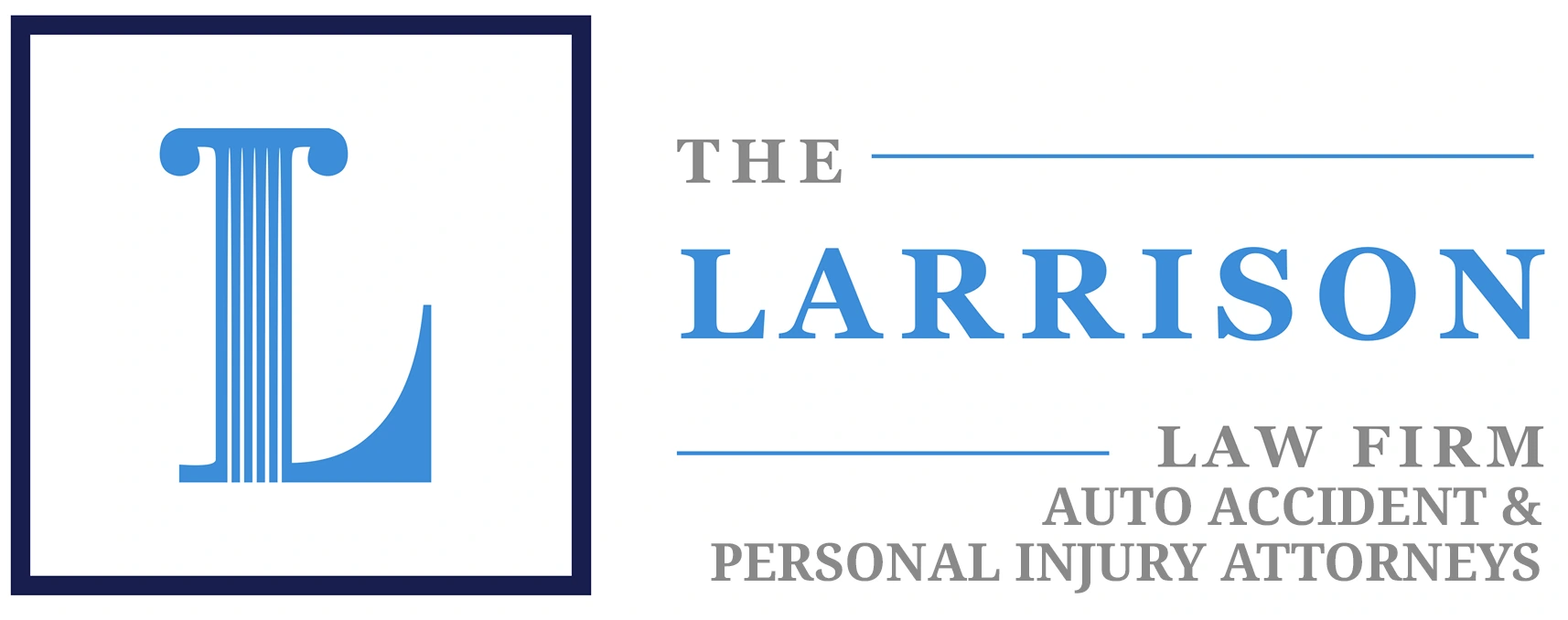While the state of Georgia requires all drivers to be insured, not everyone abides by this law. A 2022 study from the Insurance Information Institute showed that Georgia had the 7th highest rate of uninsured drivers in the United States, coming in at an estimated 18.1% of drivers. This means that if you get into a car accident in Georgia, there’s an almost 1-in-5 chance that the other party is uninsured.
Naturally, it pays to prepare for a car accident with an uninsured motorist. Here’s everything you need to do as soon as the accident happens, as well as key steps to receive due compensation afterward.
Ensuring Safety After a Car Accident With an Uninsured Motorist
Though you may still be reeling after the accident, you’ll need to quickly call emergency services, exchange info with the other party, and contact your insurance provider as soon as possible. It can be tough to remember all of those steps in the heat of the moment, but doing so helps ensure your safety and increases the likelihood that you’ll be fairly compensated.
Contact 911 and check for injuries
The first thing you need to do after an accident with an uninsured motorist is immediately call 911 and report the accident, especially if there are any injured parties. From there, you can file a police report and receive any necessary medical treatment, both of which we’ll get into later.
Move your vehicle if possible
If your vehicle is still in a drivable state, pull it off the main road. Keeping your vehicle on the main road while you discuss and exchange information is dangerous, as another negligent driver could run into it and cause further harm.
Gather Information
Once you’ve gotten past the initial shock of the accident, start gathering information. Receiving compensation for the accident will be much easier if there’s concrete evidence of the incident, so try to piece together as detailed a record as possible.
File a police report
Assuming you’ve already contacted 911, wait for the police to arrive and file an incident report once they do. This report will include several key pieces of evidence surrounding the incident.
- Details about the scene of the accident. This may include the condition of each vehicle, poor road conditions, weather or visibility, and any other contributory factors to the accident.
- Information about all parties involved. This helps to ensure accountability on both sides of the accident once the compensation process begins.
- Witness statements. If anyone aside from the parties involved witnessed the accident, the police may collect their stories. These stories can later be used as evidence in court.
A police report will cover the accident in extensive detail, ensuring that the courts have a truthful record of events and giving our team of attorneys the evidence they need to build a case for you.
Exchange information with the other party
Even if the other party doesn’t have any insurance to exchange, we recommend trying to get some other info. Write down their plate number and exchange some form of contact information, whether that’s emails or phone numbers. This ensures that you can get in touch with them to get compensation later on, and gives you some form of legal recourse if they ignore you in an attempt to avoid paying.
In addition, try to take photos and record videos of the incident, capturing both vehicles from as many angles as possible. This creates concrete evidence of the accident and shows that your vehicle was damaged. It can also prevent unscrupulous other parties from claiming that you were responsible for damages to their vehicle unrelated to the accident. Essentially, it’s an extra layer of evidence for your legal team, as well as protection for yourself.
Seeking Medical Attention
We mentioned earlier that you should contact 911 as soon as the accident occurs, but what if there aren’t any injuries? Some medical issues and injuries caused by car accidents can be subtle, and will only flare up some time after the accident. This means that whether or not you see or feel any injuries at the moment, they could still be present, so seek medical attention as soon as you’re able.
Seeking treatment early may prevent any hidden injuries from getting worse, and will help connect said injuries to the incident. This means that once it comes time to pay for your medical treatment, it’ll be easier to receive a payout from your insurance and avoid paying the bill out of pocket.
Getting Compensation
With all of the immediately urgent matters taken care of, you’ll need to start working on building a case to receive compensation for the accident. To boost your chances of receiving this compensation, there are a few key steps you should take.
Notify your insurance provider
Once you’ve taken care of everything else and made it home safely, notify your insurance company and file a claim as soon as possible. This will allow you to start the process of getting compensated. If possible, contact an accident and injury firm like Larrison Law beforehand and have them handle insurance company interactions for you.
Insurance companies tend to act in their own best interests rather than yours, and may press for details that help them avoid giving you the payout you deserve. Legal professionals are trained to spot these loaded questions and avoid them. Thus, communicating exclusively through your lawyer can help keep your case strong.
Uninsured motorist (UM) coverage claim
Many insurance companies offer something called uninsured motorist (UM) coverage. As you’d expect, it’s an insurance policy that pays out whenever the policyholder is in a car accident with an uninsured driver, or a driver whose insurance doesn’t cover the full cost of the accident. Note that UM coverage is only a requirement in Georgia if you’re still making car payments, so your policy may not have it.
If you do have UM coverage, however, your insurance company will pay for medical treatment and vehicle repairs/replacement. If you have the coverage, it’s one of the more reliable ways to receive compensation for your collision with an uninsured motorist.
Determining liability
Georgia is an at-fault state, meaning that whoever is held responsible for the accident will be liable for damages to the other party. These expenses can include car repairs, medical expenses from resulting treatments, and depending on the severity of the accident, pain and suffering. If the other party is determined liable for your accident, you can move forward in pursuing compensation.
Filing a lawsuit
It’s also possible to receive compensation by filing a lawsuit. However, filing a lawsuit against an uninsured motorist may not result in compensation for the accident. As uninsured motorists are typically uninsured due to being unable to afford it, they’re unlikely to be able to pay damages in a lawsuit.
If you file a lawsuit for compensation, you’re much more likely to be in a lawsuit against your insurance company. As we mentioned earlier, many insurance companies will try to avoid paying out to policyholders, even when they rightfully should. If you believe that your insurance company is violating the policy you signed with them, you can file a lawsuit for the amount you should be compensated.
Why You Need Larrison Law After a Car Accident With an Uninsured Motorist
From interacting with insurance companies to representing you in court, a good team of lawyers can help you receive the compensation you need to bounce back from an accident with an uninsured motorist. The process to receive your due compensation is a complicated one, and that’s not something you should have to worry about, especially if you’re still recovering from stress or injuries caused by the incident.
That’s where we at Larrison Law come in. If you need help with the legal proceedings following a car accident with an uninsured motorist, get in touch with us today to see what your options are!




